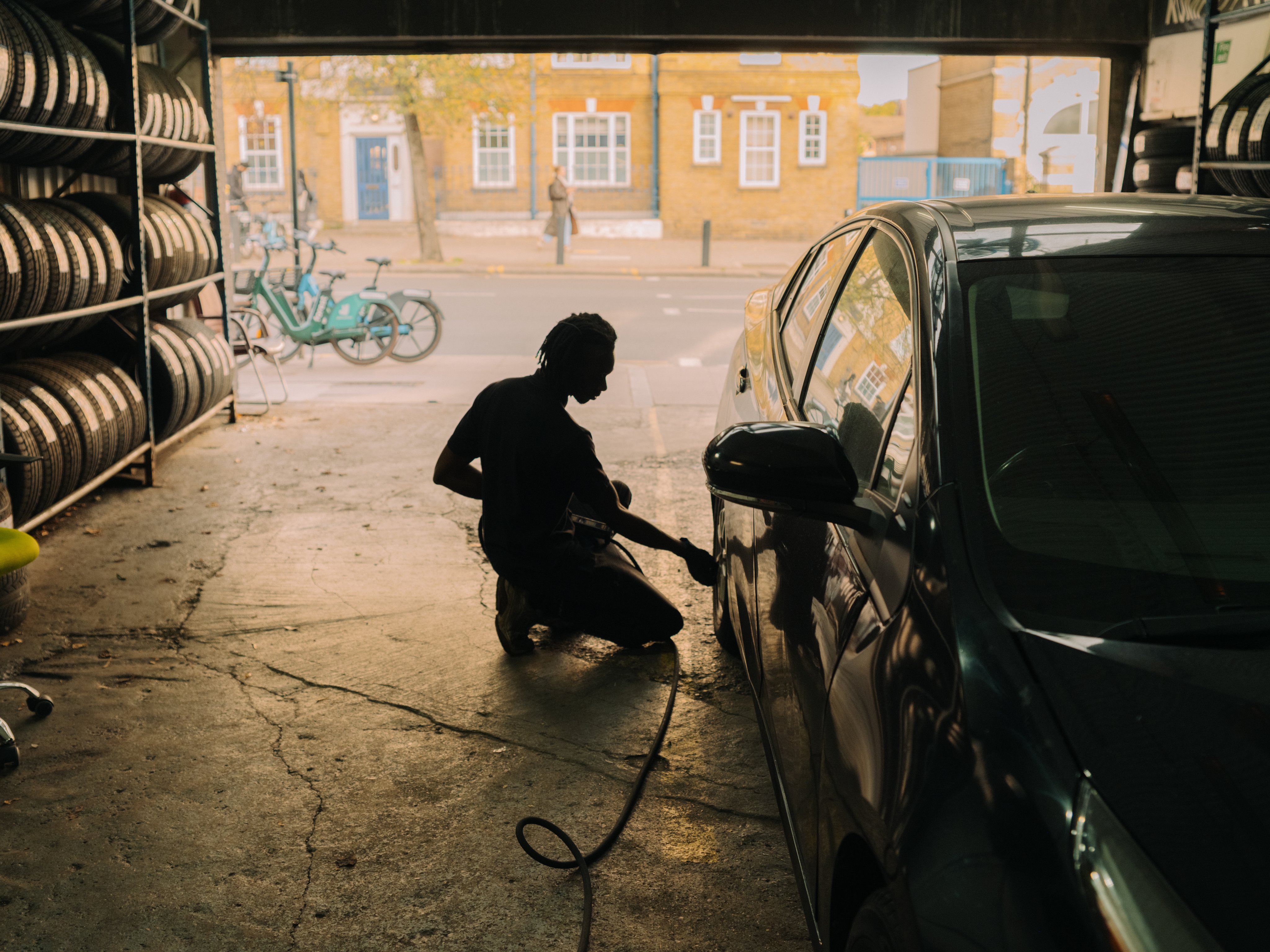The security of a good job and a home where you can put down roots lets people pursue opportunities and build a better life for themselves and their families. By bringing forward its Employment Bill and Renters' Reform Bill in the Queen’s Speech, the Government can begin to deliver greater security.
This last year the pandemic has meant we’ve all shared the experience of not knowing what is around the corner. Not being able to plan our lives as we would want to and fearing what the future might hold. We have all experienced the unsettling and stressful feeling of insecurity. But for too many families in our country these were familiar feelings, ones they live with week in and week out.
To live in poverty is to experience relentless insecurity. It is all too common not to know whether you will be able to cover the bills or put enough food on the table, what hours you will be working one week to the next, how long your job will last, or whether your landlord might evict you from your home. It doesn’t have to be like this.
An Employment Bill to rebuild the economy with good jobs
We know from our work in partnership with people with experience of in-work poverty, that too often low-paid jobs are unpredictable and insecure, or fail to provide people with dignity and respect at work. Not knowing what shifts or hours you’re working the following week can be exhausting, leaving people unable to plan for family life or their finances. Paying for transport and childcare, only to arrive at work and find your shift cancelled or curtailed, leaves you out of pocket and demoralised. If it’s a night shift it can also mean you’re stuck in an out-of-the-way location with no public transport for hours.
As we entered the pandemic there were at least 2.4 million workers in insecure working arrangements – such as temporary or zero-hour contracts. These workers are more likely to experience in-work poverty as insecurity brings a pay penalty, increases time spent out of work between transient jobs, and having uncertain hours makes it hard to find a second job. Not only is this bad for people caught in poverty’s grip, it’s also linked to the poor productivity of the UK economy in recent years, as employers are less likely to invest in training employees that aren’t permanent.
This insecurity was magnified over the last year. JRF research shows people on insecure contracts were four times more likely to lose their job during the first lockdown compared to similar workers with permanent contracts.
As we emerge on the other side of this pandemic, we must rebuild the economy in a way that delivers stability and the chance to flourish – for businesses and workers alike. For our partners with experience of in-work poverty that means employers not being able to get away with breaking the law; workers knowing the hours they are working with enough notice to plan their lives and finances; making flexibility to enable a good work-life balance available to all, and not just those with higher skills or pay; and workers being aware of their employment rights and able to assert them.
When the Government first introduced its Employment Bill in the 2019 Queen’s Speech it pledged to protect, enhance and enforce the rights of workers, and strike a better balance between flexibility and security for workers. These are the right priorities, and the Government should reaffirm its commitment to them at the upcoming Queen’s Speech.
A Renters' Reform Bill to give renters more stability
No-one should have to face the nightmare of housing insecurity, enduring sleepless nights fearing losing the roof over your head. But private renters face mounting pressures. Throughout the pandemic levels of arrears have grown, and renters are more likely to work in sectors that have been hardest hit by the pandemic, creating continued uncertainty. Protections from eviction were introduced during the pandemic but they are due to end on 31 May, and they have not prevented some 300,000 renters having their landlord discuss eviction with them according our polling in November.
Eviction is easy in England with Section 21 'no fault' eviction meaning no reason has to be given. This places tenants in a highly insecure situation, where fear of eviction makes them afraid to complain about unsafe or poor conditions, or try to renegotiate their rent. The loss of a private tenancy is the most common pathway to homelessness. This insecurity hangs over the heads of renters:
I'm one rent review away, one complaint away from being homeless. It's as simple as that … it's exactly how it feels. It can't be felt any other way; that's the situation and I feel terribly, terribly vulnerable, I really do … Absolutely, the overriding threat that hangs dark over my head; I wake up with it every day, I go to sleep with it every night. There's no getting away from it; I'm that far away from my whole world being turned upside-down.
JRF partner with experience of poverty
A Renters' Reform Bill for England was first announced two years ago, promising to improve security for renters by abolishing Section 21 'no fault' evictions. This Bill must be brought forward with urgency and we will be working as part of the Renters' Reform Coalition to try and make sure it delivers on this aim.
The Queen’s Speech must shape the recovery we all want
All of us should be able to feel – and be – secure. The pandemic should mark a moment of reset, where we work together to create something better. A country where people can find a good job that is fulfilling and an affordable and secure home. They should be underpinned by social security that is there for just that: to help keep us secure when life events threaten to pull us under. These are the things that together provide a platform from which to build a better life. These should be the priorities the Government pursues by bringing forward the Employment Bill and Renters' Reform Bill in the Queen’s Speech on 11 May.

This idea is part of the work topic.
Find out more about our work in this area.
